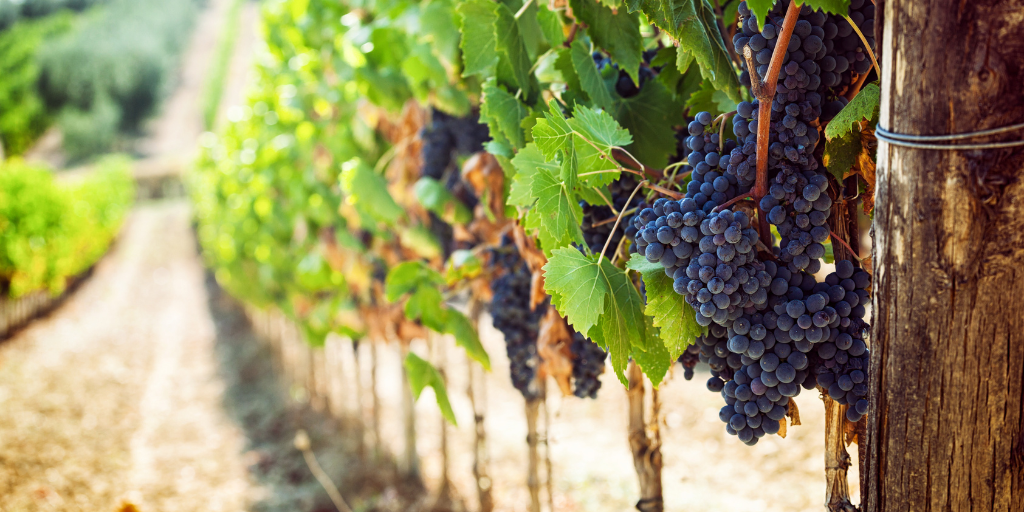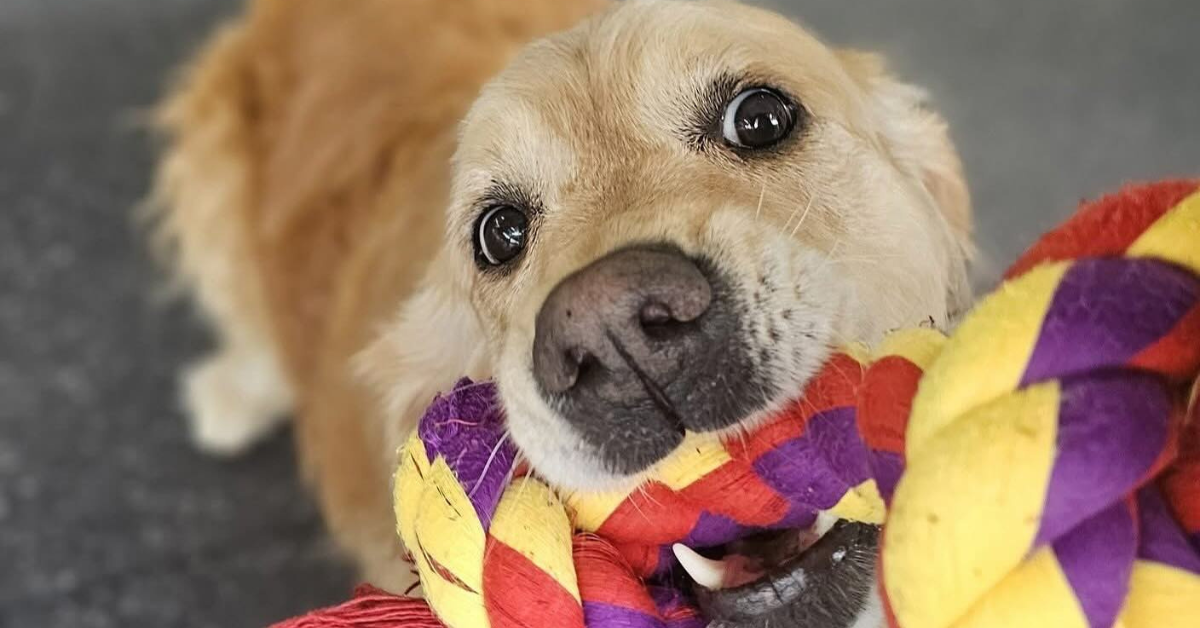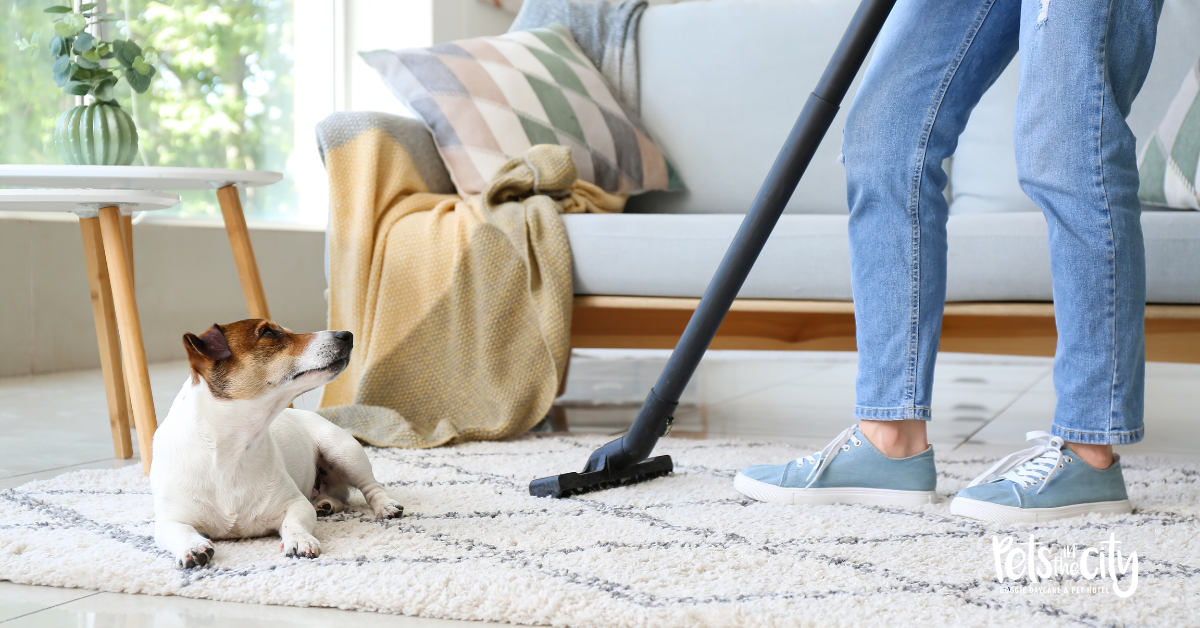Is dog day care actually worth the cost? What do dogs get out of it?
If you’re an Auckland dog parent weighing up day care costs, you’re not alone. Busy workdays, winter darkness, and travel plans can leave even the...
2 min read
Layamon Bakewell, Pets In The City
:
18/04/2024 9:29:36 AM

Learn about the potential dangers of grapes and raisins for dogs and how to keep your furry friend safe.
Grapes and raisins may seem like harmless snacks for humans, but they can pose a hidden danger for dogs. These fruits contain substances that can be toxic to dogs and cause serious health issues. The exact toxic component in grapes and raisins is still unknown, but even small amounts can lead to kidney failure in dogs. It's important to be aware of this toxicity and take necessary precautions to keep your furry companion safe.
If your dog ingests grapes or raisins, it can result in acute kidney failure, which can be life-threatening. The toxicity can affect dogs of any breed, age, or size. The severity of the poisoning can vary depending on the individual dog and the amount consumed. Some dogs may show immediate symptoms, while others may not show any signs until several days later. Therefore, it's crucial to prevent your dog from consuming grapes and raisins altogether.
It's important to be able to recognise the symptoms of grape and raisin poisoning in dogs. If your dog has ingested these fruits, watch out for the following signs:
- Vomiting and diarrhea
- Loss of appetite
- Lethargy
- Abdominal pain
- Increased thirst and urination
- Tremors or shaking
- Weakness
If you notice any of these symptoms in your dog after they have consumed grapes or raisins, it's essential to contact your vet immediately. Prompt medical attention can make a significant difference in the outcome for your dog.
Prevention is key when it comes to protecting your dog from grape and raisin toxicity. Here are some preventative measures you can take:
- Keep grapes and raisins out of your dog's reach. Store them in a secure place where your dog cannot access them.
- Be cautious when sharing food with your dog. Remember that grapes and raisins can be hidden in many foods, such as trail mix, baked goods, and some sauces.
- Educate your family members and visitors about the dangers of grapes and raisins for dogs. Make sure everyone knows not to feed these fruits to your dog.
- If you have a backyard, ensure that there are no grapevines or grape plants growing in the area. Dogs can be curious and may try to eat grapes directly from the vine.
By taking these preventative measures, you can significantly reduce the risk of grape and raisin toxicity in your dog and keep them safe and healthy.
If you're looking for alternative treats to give your dog, there are plenty of safe options available. Here are some healthy and dog-friendly treats you can consider:
- Carrots: Dogs often enjoy the crunchiness of carrots, and they are low in calories.
- Apples (without seeds): Apples can be a refreshing and nutritious treat for dogs, but make sure to remove the seeds as they can be harmful.
- Blueberries: These small fruits are packed with antioxidants and can be given as a tasty and healthy snack.
- Peanut butter (without xylitol): Many dogs love the taste of peanut butter, but make sure to choose a brand that does not contain the artificial sweetener xylitol, as it can be toxic to dogs.
Remember to always introduce new treats gradually and in moderation to avoid any digestive issues. It's also important to consult with your vet if you have any concerns or questions about specific treats for your dog.
By choosing safe and healthy alternatives, you can still reward your canine companion without putting their health at risk.

If you’re an Auckland dog parent weighing up day care costs, you’re not alone. Busy workdays, winter darkness, and travel plans can leave even the...

Your complete Auckland-proof plan for turning Guy Fawkes from "Boom-pocalypse" to "Bunker-and-Chill" Why Your Dog Thinks the Sky is Falling (And Why...

If you’ve just welcomed a new pup into your Auckland home, you’ve probably heard that “socialisation is everything.” But what does that really mean,...